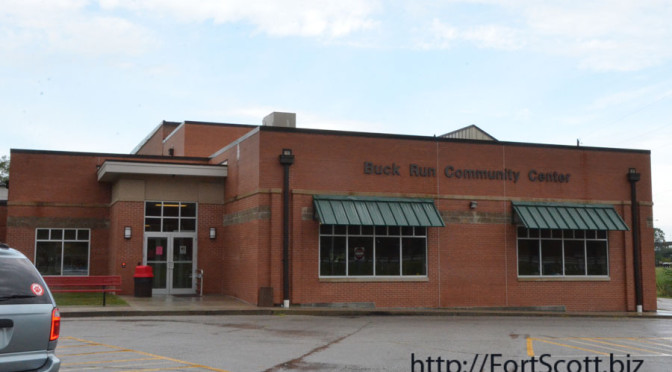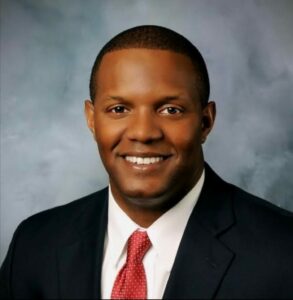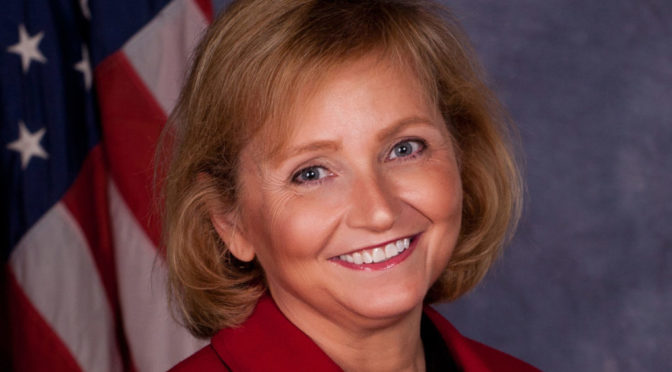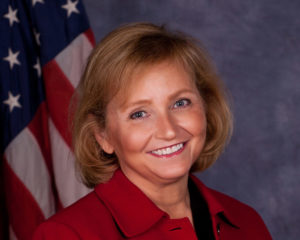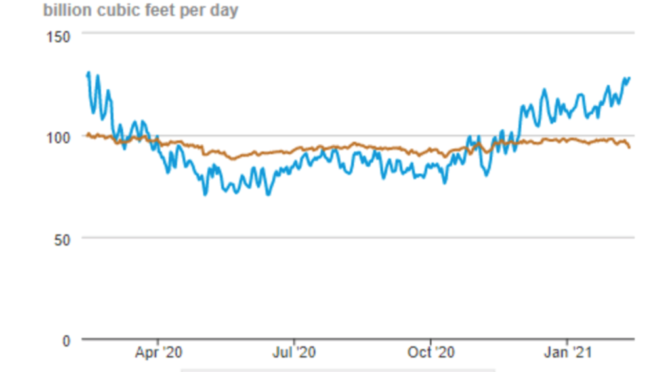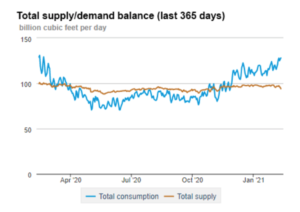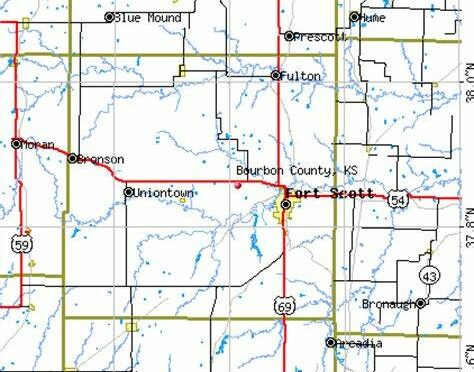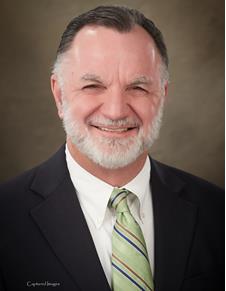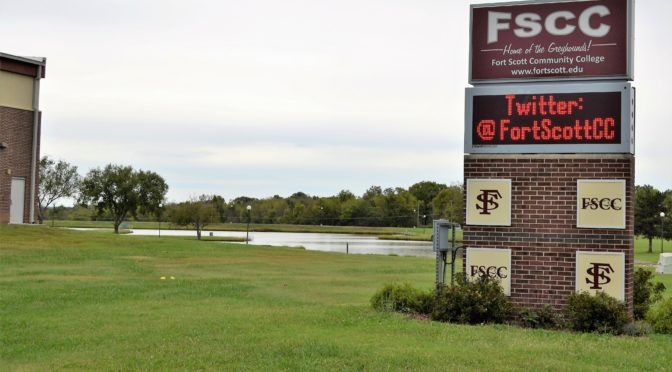Biden Administration Announces Another Foreclosure Moratorium and Mortgage Forbearance Deadline Extension That Will Bring Relief to Rural Residents
USDA Extends Evictions and Foreclosure Moratorium to June 30, 2021 and Provides Additional Guidance for Servicing Loans Impacted by COVID-19
WASHINGTON, Feb. 16, 2021—The U.S. Department of Agriculture announced an extension of eviction and foreclosure moratoriums on USDA Single Family Housing Direct and Guaranteed loans through June 30, 2021.
The actions announced today will bring relief to residents in rural America who have housing loans through USDA.
“USDA recognizes that the COVID-19 pandemic has triggered an almost unprecedented housing affordability crisis in the United States. That’s why USDA is taking this important action today to extend relief to the hundreds-of-thousands of individuals and families holding USDA Single Family Housing loans,” USDA Deputy Under Secretary for Rural Development Justin Maxson said. “While today’s actions are an important step for them, we need to do more. The Biden Administration is working closely with Congress to pass the American Rescue Plan to take more robust and aggressive actions to bring additional relief to American families and individuals impacted by the pandemic.”
A recent Census Bureau survey showed that 8.2 million homeowners are currently behind on mortgage payments, and of that 8.2 million, 3 million homeowners behind on payments were Black or Hispanic.
This effort underscores a commitment by USDA to bring relief and assistance to farmers, families and communities across the country who are in financial distress due to the coronavirus pandemic
. In January, USDA took action to bring relief to more than 12,000 distressed borrowers of USDA farm loans by temporarily suspending past-due debt collections, foreclosures, non-judicial foreclosures, debt offsets or wage garnishments, and more. Learn more here.
Visit www.rd.usda.gov/coronavirus for additional information on USDA’s Rural Development COVID-19 relief efforts, application deadline extensions and more.
USDA Rural Development will keep our customers, partners and stakeholders continuously updated as additional actions are taken to bring relief and development to rural America.
Homeowners and renters can also visit www.consumerfinance.gov/housing for up-to-date information on their relief options, protections, and key deadlines from USDA, the Department of Housing and Urban Development, the Department of Veterans Affairs, the Federal Housing Finance Agency, and the Consumer Financial Protection Bureau.
BACKGROUND:
Foreclosure Moratorium Extension
The actions announced today make it possible for the foreclosure and eviction moratorium announced by USDA, Single Family Housing Direct Loan Program (SFHDLP) and the Single
Family Housing Guaranteed Loan Program (SFHGLP) on Jan. 20, 2021, to be extended until June 30, 2021. The moratorium does not apply in cases where USDA or the servicing lender has
documented the property is vacant or abandoned.
Forbearance Options
Lenders may continue to provide impacted borrowers relief by offering forbearance of the borrower guaranteed loan payment for up to 180 days.
In addition, the initial forbearance period
may be extended up to an additional 180 days at the borrower’s request. Lenders may approve the initial 180-day COVID-19 forbearance no later than June 30, 2021
.SFHGLP borrowers that received a COVID-19 forbearance prior to June 30, 2020, may be granted up to two additional
three-month payment forbearances. Lenders should outline potential solutions that may be available at the end of the forbearance period and explain to borrowers that a lump sum payment of the arrearage will not be required.
During the forbearance options outlined above, no accrual of fees, penalties or interest should be charged to the borrower beyond the amounts calculated as if the borrower had made all
contractual payments in a timely fashion.
Post Forbearance Options
Upon completion of the forbearance, the lender shall work with the borrower to determine if they can resume making regular payments and, if so, either offer an affordable repayment plan or term extension to defer any missed payments to the end of the loan.
If the borrower is unable to resume making regular payments, the lender should evaluate the borrower for special relief measures, which include Term Extensions, Capitalization and Term Extensions, and a Mortgage
Recovery Advance.
Questions regarding program policy and this announcement may be directed to the National Office Division at [email protected] or (202) 720-1452.
USDA Rural Development provides loans and grants to help expand economic opportunities and create jobs in rural areas. This assistance supports infrastructure improvements; business
development; housing; community facilities such as schools, public safety and health care; and high-speed internet access in rural areas. For more information, visit www.rd.usda.gov.

